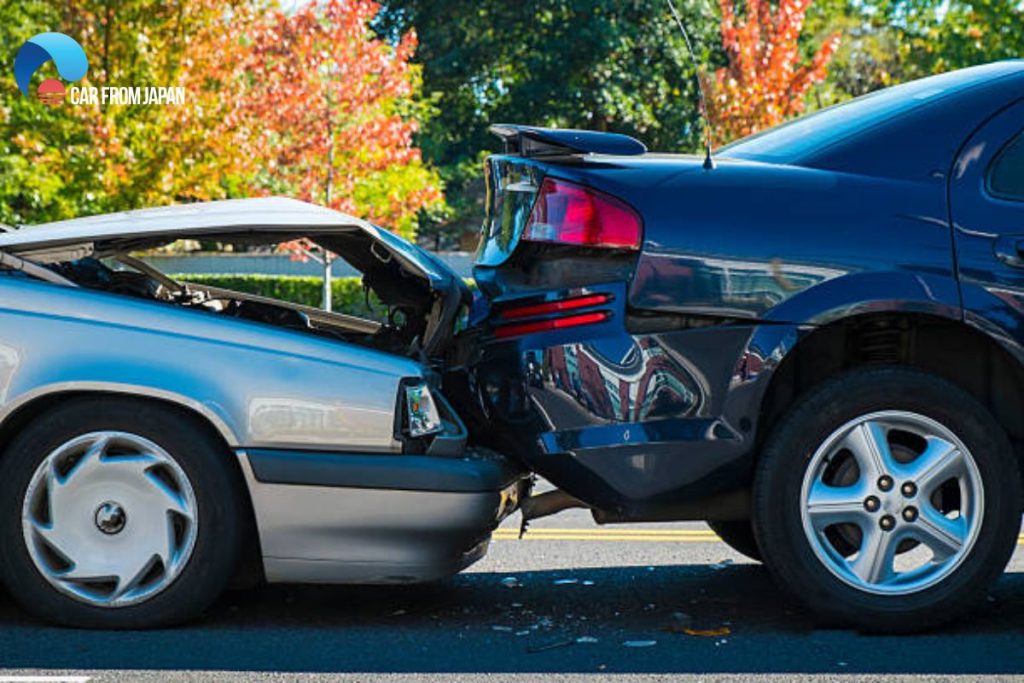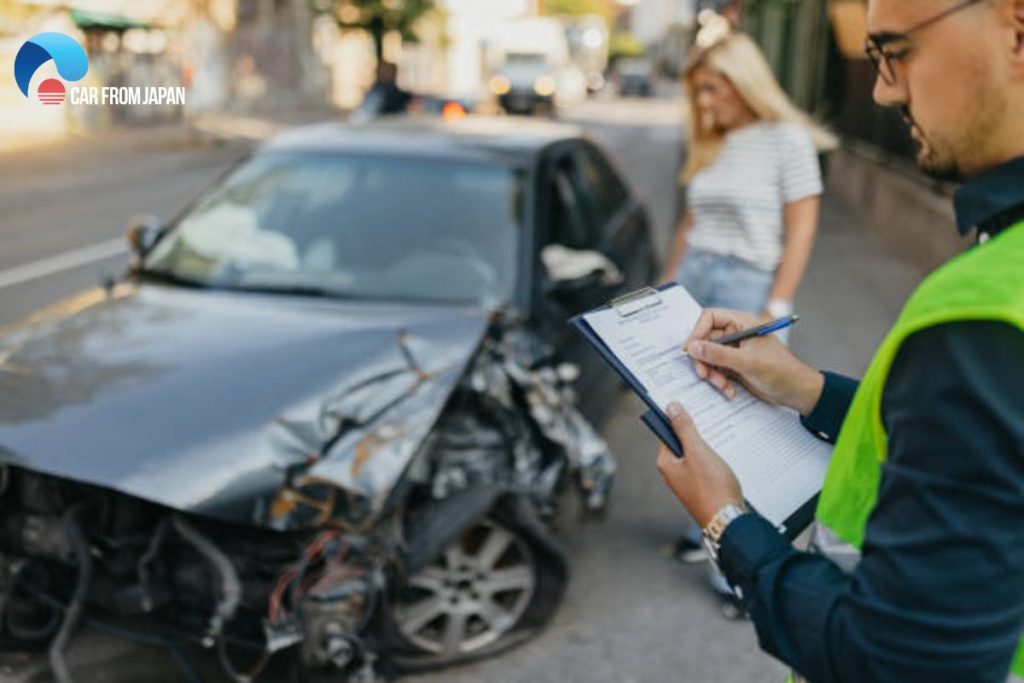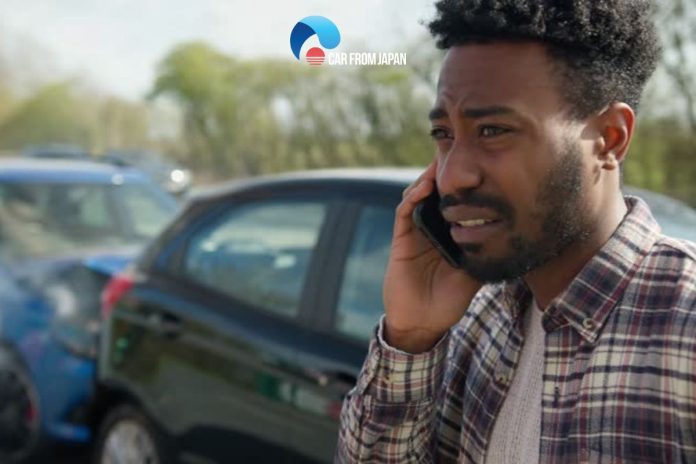An entire host of negative emotions rises when a car accident occurs. However, everything moves so quickly that it can be challenging to process it all. From confusion to panic and shock, it’s easy to get caught up in the emotionalism of an accident.
However, the first 48 hours are critical to your physical, emotional, and financial recovery. It’s important to know your rights and protect your well-being.
It doesn’t matter if the accident was a minor fender-bender or a catastrophic multi-car collision; knowing how to operate within the first few hours is imperative to your protection and recovery.
Contents
The First 48 Hours After a Car Accident: What Should We Do?
Confirm the Safety of Everyone Involved
When a collision first occurs, the most important part involves safety. Make sure you and your passengers are okay. Check to make sure everyone can move freely. Then, as long as you’re in a safe position, get out of the car and confirm the safety of the other drivers and passengers.
If someone is injured, do not move them unless time is of the essence and they’re clearly in danger. If they’re not in immediate danger, keep them still until emergency personnel arrive on the scene.
It doesn’t matter if the accident was minor. Call the authorities. Dialing 911 is important because it also creates a record of the accident and helps you when it’s time to connect with your insurance company.
If an attorney is necessary, 911 documentation helps your attorney as well. Once the officers arrive, do your best to breathe and remain calm. As much as possible, maintain a clear head and state the facts of the collision.
Create Your Own Documentation

Even if multiple people were involved, don’t rely on anyone else to document the accident. Create your documentation by pulling out your phone to take thorough photos from multiple angles. Get photos of the license plates, vehicles, and road conditions. If there are injuries, document those. Write down the names and contact information of witnesses.
Because you’re probably in shock when an accident happens, it’s helpful to have a few clear-headed witnesses who can provide their account of what occurred. It’s also best to get the names and badge numbers of the officers involved. Once it’s available to you, secure a copy of the police report.
See a Medical Professional
If you’re injured, seek medical assistance immediately. If you feel fine, simply schedule an appointment with your primary care physician. Because you’re most likely running on adrenaline, you might not feel the physical impact of the accident immediately.
However, physical trauma might show up in the days following the car accident. By seeing a doctor, you’ll continue to have documentation. Documentation is essential when you’re dealing with insurance companies.
If you end up needing physical therapy, pain medication, or any other accident-related help, hold on to those receipts and records so you can submit them to your insurance company.
Reach Out to Your Insurance Company
After you’ve been medically taken care of, tell your insurance company about the accident. Let them know within the first 48 hours. The sooner you can call them, the stronger your case will be.
When you’re talking to your insurance company, be completely transparent and forthright regarding the details of the accident. This includes admitting whether the accident was your fault. Through your claims adjuster, your insurance company will find out the truth anyway.
It’s best to be honest. As you speak to your insurance company, take notes of what you discussed. If it helps, record yourself (not the other party) speaking so you know exactly what you’ve said.

Provide Extremely Strong Documentation
Strong documentation keeps you safe and protected. It also positions you for a strong case when you’re dealing with professionals who need to advocate on your behalf. Start a binder. Keep physical records of the photos, police reports, and personal notes. Keep the receipts and medical bills in that binder as well.
If you want to place a few pieces of lined paper in the binder, you can track your daily progress, symptoms, and conversations with various parties involved. Even though it seems like a lot for the first 48 hours, your documentation is critical to helping you successfully move through this traumatic ordeal.
Move in Silence
This isn’t a situation that needs publicity within the first 48 hours. Unless you’re connecting with a family member or friend who can help you, do your best to avoid broadcasting the accident on your social media platforms.
Don’t speak publicly about the case because if it goes to court, anything you say or do online can be considered evidence. You don’t want to create even more chaos. Don’t post online within the first 48 hours either. If a party sees unrelated content online, they might use it against you.
If you needed medical assistance yet posted concert footage a few hours after the accident, an opposing legal team could argue that you didn’t require medical assistance. When you’re dealing with the other party, don’t discuss anything with their insurance company without your legal representation. Let your attorney do the talking.
Call a Lawyer
Granted, you won’t always require legal assistance in an accident. It’s important to know when it’s necessary. If you’re encountering difficulties with the insurance company or very serious injuries, it’s time to call in legal assistance. The same sentiment holds when you’re not clear who’s liable for the accident.
From advocacy to sorting through confusing paperwork, a personal injury lawyer is equipped to help you get through this ordeal. While the standards vary, it’s not uncommon to get a personal injury lawyer who provides free consultations and doesn’t get paid unless they win your case.
Depending on the type of accident you’ve been in, the first 48 hours can feel like a fast-moving nightmare. However, if you prioritize these steps, you’ll cover your bases and remain protected.



